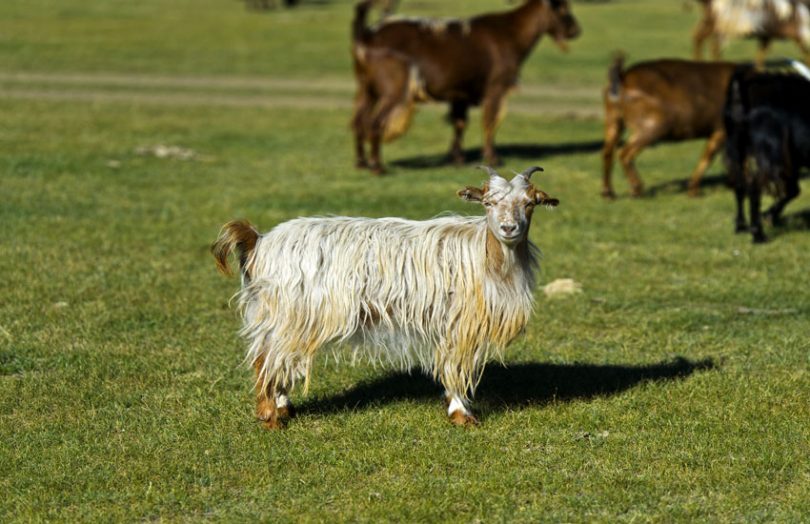Canada-based
Convergence.tech launched a blockchain pilot for traceability in the Mongolian Cashmere supply chain. The company has partnered with the United Nations Development Programme (UNDP), and the trial is being run under the latter’s
Sustainable Cashmere Project.
Cashmere, an anglicised word for Kashmir, is an age-old luxury fibre obtained from a specific breed of goats which are found in China, Kashmir, Mongolia and some parts of Nepal. Initially reserved for the royalty, modern consumerism has led to a thriving Cashmere fabric market.
However, the problem with fast fashion is the opaqueness of the supply chain. Most herders in Mongolia are nomads, who make up about a third of the population, and have little means to get value for their produce. Thus, herders have doubled their herds for money, leading to overgrazing in the region which is leading to desertification. Several
luxury brands have already banned the sale of Cashmere.
Article continues …
Want the full story? Pro subscribers get complete articles, exclusive industry analysis, and early access to legislative updates that keep you ahead of the competition. Join the professionals who are choosing deeper insights over surface level news.







